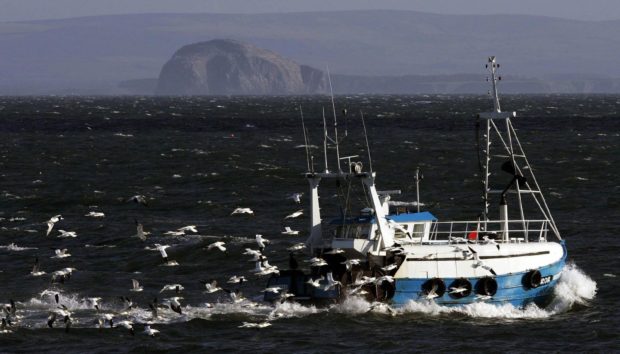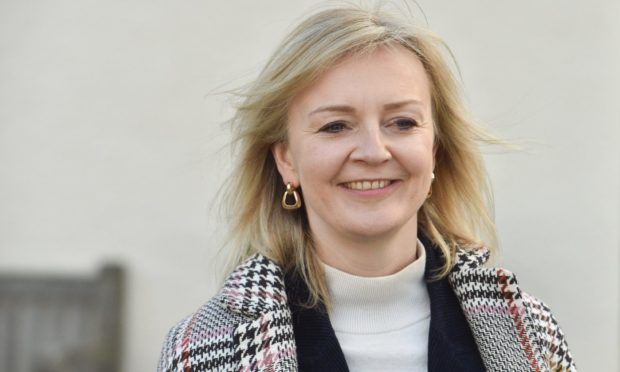Brexit trade deals signed with Norway, Iceland and Liechtenstein will give a major boost to Scottish farming and fishing, UK ministers have claimed.
The deals, all signed today, cover more than £21billion worth of trade and promise to create new opportunities for agriculture and the fishing sector.
The agreement significantly cuts tariffs as high as 277% for exporters to Norway of Orkney Scottish Island Cheddar and there are also tariff reductions and quotas on pork, poultry and other goods.
UK wines and spirits including Scotch Whisky will also now be recognised in Norway and Iceland.
Reduced import tariffs on shrimps, prawns and haddock will reduce costs for UK fish processing, helping support some 18,000 jobs in that industry in Scotland, East Yorkshire and Northern Lincolnshire.
Trade Secretary Liz Truss said: “Today’s deal will be a major boost for our trade with Norway, Iceland and Liechtenstein, growing an economic relationship already worth £21.6 billion, while supporting jobs and prosperity in all four nations at home.”
Trade Minister Ranil Jayawardena added: “This deal shows that the United Kingdom will continue to be a trade partner of choice, as we set the global trade agenda in areas like e-commerce and climate change.
“More trade and more investment will drive growth and support jobs in every corner of our country.”
NEW: We have a new trade deal with Norway, Iceland & Liechtenstein covering £21bn of trade 🇳🇴 🇮🇸 🇱🇮 🇬🇧
✅ It’s their most advanced digital deal
✅ It gives 🇬🇧 farmers more access
✅ It supports 18,000 fish processing jobs in Scotland & Northern England👇https://t.co/P6UTIISeWj— Liz Truss (@trussliz) June 4, 2021
The deal will mirror Britain’s previous status as an EU member state in that caps will come back place on the charges mobile operators are allowed to charge each other for international mobile roaming.
The deal will also soften post-Brexit visa rules by allowing high-skilled professionals to enter Norway, Iceland and Liechtenstein for business purposes and includes professional qualification recognition – so nurses, lawyers, vets and other professionals will not need to requalify to work in the partner countries.
The deal is one of many that the UK Government are seeking to sign to give businesses the same tariff free access to market that they enjoyed as part of the EU.
A spokesman for the Norwegian Government said that while the deal was welcome, it was “not as comprehensive as the EEA-agreement.”
They said: “Prior to the UK’s exit from the EU, Norway enjoyed free movement of goods, services, capital and persons to the UK through the EEA-agreement.
“A free trade agreement will not provide similar access to the British market.
“Neither does the agreement remove a number of trade barriers that have been removed in the EEA Agreement.”

